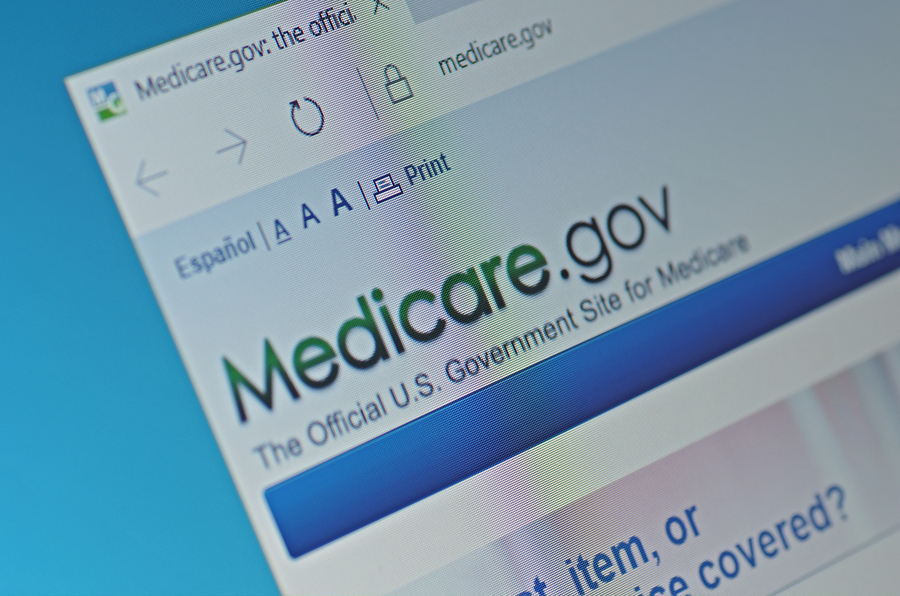
A newly released study shows a marked increase in deaths from Alzheimer’s disease. The number has jumped from 16.5 deaths per 100,000 Americans to 25.4 deaths per 100,000 between the years 1999 and 2014!
Today, 5.2 million Americans have this disease and almost 94,000 died from Alzheimer’s in 214. As the senior population increases every year, that number is expected to grow. That’s why it’s important now more than ever before to do what you can to limit your risk of Alzheimer’s. These are five changes you can make to your lifestyle that may help to avoid mental decline.
Increase Your Exercise
Adding an hour of walking to your routine, three times a week can provide a huge mental boost. New research completed by the University of British Columbia found that walking could boost mental health in populations with dementia. Researchers also discovered that those who had early vascular mental deterioration and began walking regularly saw a decrease in blood pressure and improvement on cognitive tests. They also showed improved skills on cognitive tests when compared to those who didn’t exercise regularly. Cognitive decline, which is likely caused by damaged capillaries in the brain, is thought to the second cause of dementia, after Alzheimer’s.
Stay Social
While the exact connection between isolation and Alzheimer’s isn’t exactly known, some studies have shown a link between having a social support network and a reduced risk of dementia. One four-year study of 800 individuals age 75 and older found that isolated people were more than twice as likely to demonstrate signs and symptoms of dementia when compared to those that had regular social activities. The greatest benefits were seen in individuals who were both socially active and also emotionally active.
An even larger study that included 2,249 women ages 78 and older found that individuals who were socially active were 26% less likely to develop dementia when compared to individuals who had minimal social networks. Women who communicated with friends and family on a daily basis cut their risk of mental decline almost in half.
Watch Your Head
The Alzheimer’s Organization strongly recommends protecting your head as there is a link between developing Alzheimer’s and head trauma. When you drive, always wear your safety belt. If playing sports, wear a helmet and take steps to make sure that your house is fall-proof.While you may not be playing football as you age, you may be taking part in physical activities such as biking. If you do, always wear a helmet. You can also use these suggestions to make sure your residence is fall-proof:
-Make sure the floor is free of clutter
-Get rid of or fasten down any area rugs
-Avoid using wax on floors
-Add a slip-free mat to the tub
-Remove any wires or cables from commonly walked areas
Watch Your Diet
To get started in this area, make sure that your diet has adequate vitamin D which is a nutrient that’s important for cognitive function. Good sources include tuna, salmon, milk, and orange juice fortified with vitamin D. Folks with serious vitamin D deficiencies had more than twice the risk to develop Alzheimer’s and dementia than those with normal levels.
Being overweight, having diabetes, and high cholesterol all increase your risk of dementia. It’s important to speak to your doctor regarding your diet as well as how many calories you need. Eating more vegetables as well as reducing your red meat intake have been shown to decrease the risk of cognitive decline. Also, new studies indicate that artificial sweeteners used in diet drinks have been connected to a higher risk of dementia and stroke.
Get Plenty of Sleep
You probably sleep every night, but are you actually getting enough? If you aren’t sleeping at least 7-8 hours every night, you may be creating your own health problems, including mental decline. This claim is stated by the Global Council on Brain Health and Wellness.
One study suggests that a lack of sleep may actually cause Alzheimer’s. This is due to the fact that a lack of rest doesn’t provide adequate time for your glymphatic system to work. The glymphatic system removes proteins known as amyloid beta which can turn into plaques that increase the risk of Alzheimer’s and mental deterioration and works while you’re sleeping.
It’s a common misconception that adults need to rest less as they age. There is clear evidence that cognitive and physical health is connected to getting an average of 7-8 hours of sleep every day.
By taking these simple and healthy steps you can substantially increase your chances of living a longer, more enjoyable life.


